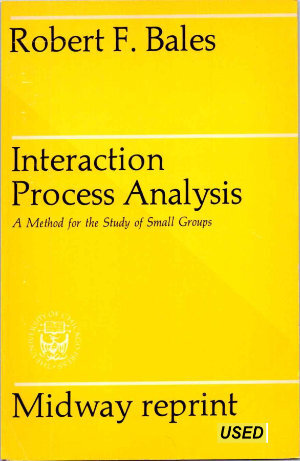By JAMES F. SHORT, JR. and FRED L. STRODTBECK
"Group Process and Gang Delinquency" delves into the intricate dynamics of group behavior and its impact on gang involvement. This comprehensive study explores how social processes within groups can influence individuals to participate in delinquent activities, specifically within the context of gangs. By examining various theories and research findings, the book sheds light on the underlying mechanisms that drive individuals to join gangs and engage in criminal behaviors. A must-read for academics, researchers, and policymakers seeking a deeper understanding of the complex relationship between group dynamics and gang delinquency.
CHICAGO AND LONDON. THE UNIVERSITY OF CHICAGO PRESS. 1965. 322p.



















